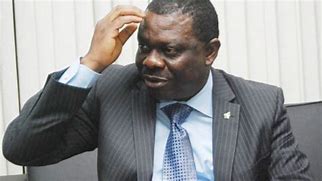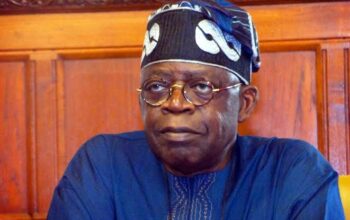Former Attorney General of the Federation and Minister of Justice, Chief Michael Aondoakaa (SAN), has expressed reservations about commending President Bola Tinubu for refraining from meddling in the Supreme Court rulings in Kano and elsewhere. Aondoakaa argues that attributing such restraint to Tinubu might undermine public trust in the judiciary, emphasizing that interference in judicial matters is inconceivable for Tinubu, given his commitment to democracy.
During an interview on ARISE Television’s News Day program, Aondoakaa urged the National Judicial Council (NJC) to take swift action to ensure judges adhere to Supreme Court precedents and prevent miscarriages of justice. He criticized the tendency of politicians to overlook due credit and cautioned against dragging the president into judicial matters, asserting that Tinubu, as a genuine democrat, would not contemplate interference.
Aondoakaa stressed that those praising the president for non-interference are, inadvertently, diminishing confidence in the judiciary and doing the president a disservice by implying that he selectively supports individuals. Instead, he encouraged Nigerians to express gratitude to the Supreme Court justices for their prompt actions, preventing the country from slipping into a one-party state. He lauded the integrity of the Supreme Court justices, asserting their resistance to compromise.
Regarding the Plateau State case, where some People Democratic Party (PDP) lawmakers lost seats to the All Progressives Congress (APC), Aondoakaa argued that any judgment lacking jurisdiction is null and void. He advised the affected lawmakers to present the Supreme Court’s ruling on the tribunal’s jurisdiction to the Appeal Court, Plateau Division, to set aside the judgment.
Aondoakaa acknowledged the apparent inconsistency in judgments and the disregard for judicial precedents by some Appeal Court justices. To address this, he advocated for judicial education through seminars and workshops. Additionally, he called for “judicial discipline” as a means to align judgments across different Appeal Court divisions and promote strict adherence to established precedents.
Top of Form





